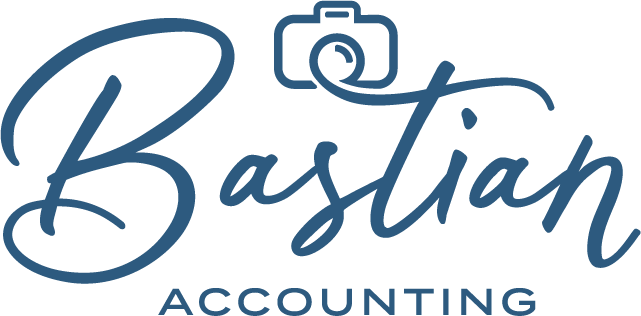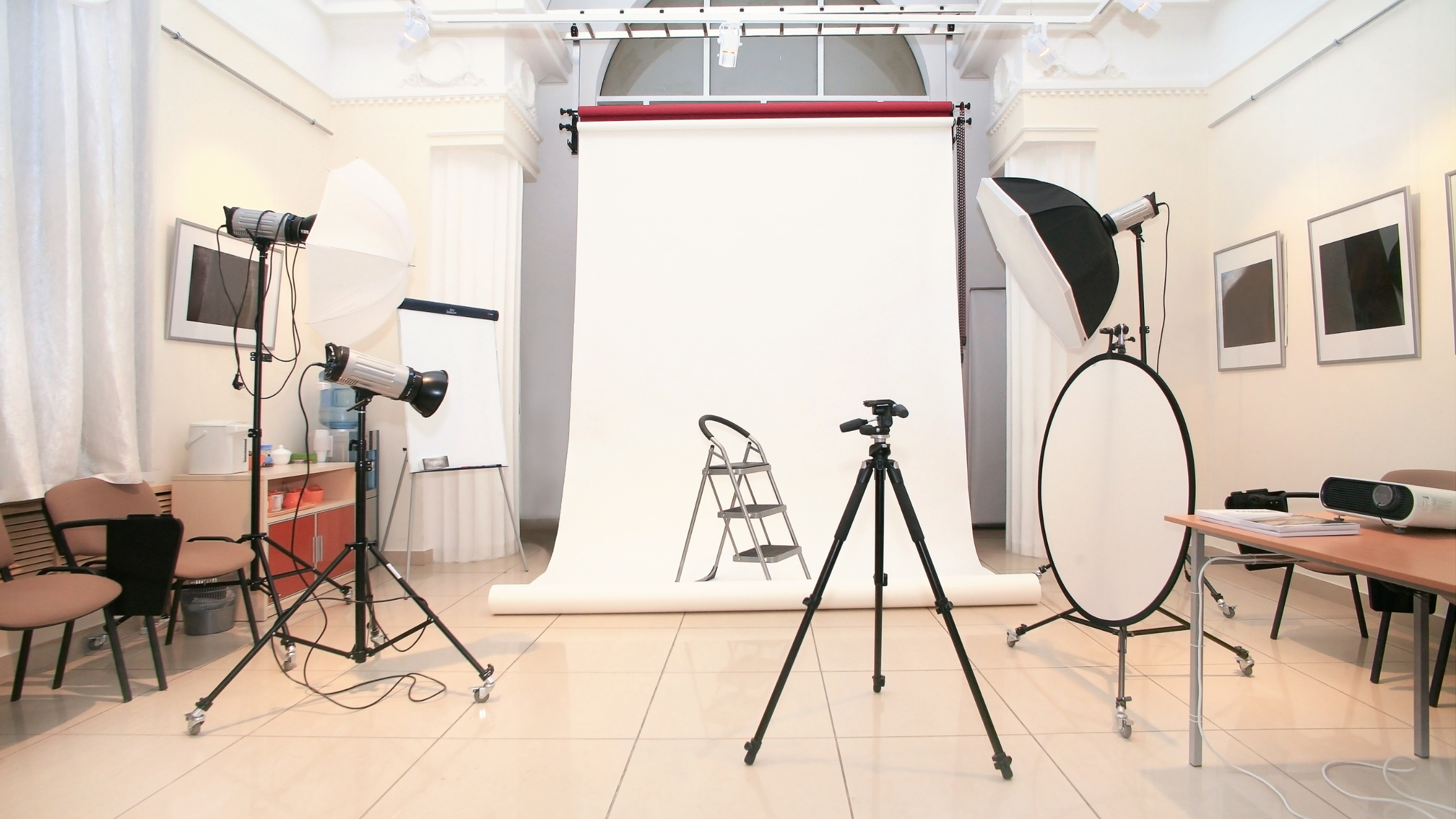Photographer's Guide to Studio Ownership: Separate LLC, Separate Protection
As a photographer, purchasing a studio space is a significant milestone in your business journey. It represents growth, stability, and a dedicated space to create and serve your clients. However, owning a physical commercial property introduces new layers of liability and financial considerations that many photographers don't initially consider.
Let's explore why putting your photography studio in a separate LLC with its own insurance coverage is a smart business strategy that could protect your photography business and personal assets.
The Asset Protection Strategy
When you purchase a studio property, you're not just buying a creative workspace – you're acquiring a significant real estate asset with its own set of risks and liabilities. Here's why separating this asset from your main photography business makes financial sense:
1. Limited Liability Protection
The "LLC" in Limited Liability Company exists for a reason – it limits your personal liability for business debts and claims. By creating a separate LLC specifically for your studio property:
You create a legal separation between your photography business operations and your real estate asset
If someone is injured on your property, the lawsuit would be confined to the property-owning LLC
Your photography business assets (equipment, cash flow, contracts) remain protected from property-related claims
Your personal assets gain an additional layer of protection from both business entities
This structure essentially compartmentalizes risk, preventing a problem in one area from affecting everything else you've built.
2. Tax Advantages and Financial Clarity
A separate LLC for your studio creates clear financial boundaries that can offer significant tax benefits:
Your photography business LLC can pay rent to your property LLC, potentially creating tax advantages
Expenses related to property maintenance and improvements are clearly delineated
Depreciation of the property can be tracked separately from your business equipment
You gain greater clarity in understanding the true costs and profitability of both your photography services and your real estate investment
This separation also makes financial reporting much cleaner, as you're not mixing property expenses with your photography business costs.
Insurance Considerations: Double Protection
Even with separate LLCs, proper insurance coverage is essential. Here's why your studio needs its own specific insurance policies:
1. Specialized Coverage Needs
A studio property requires different insurance coverage than your photography business:
Property insurance covering the building structure, permanent fixtures, and systems
Premises liability insurance for injuries occurring on the property
Natural disaster coverage based on your location (flood, earthquake, etc.)
Loss of rental income insurance if you lease space to others
Meanwhile, your photography business needs its own coverage for:
Professional liability/errors and omissions
Photography equipment and gear
Business interruption
Cyber liability
Workers' compensation (if you have employees)
2. Cost Efficiency and Claim Protection
Having separate insurance policies often results in:
More targeted coverage with fewer gaps
Potentially lower overall premiums as each policy is specific to actual needs
Protection of your claims history (a claim against one entity doesn't affect the other's policy rates)
Clearer understanding of what's covered in various scenarios
Real-World Scenarios: Why This Matters
Consider these potential situations that highlight the importance of separation:
Scenario 1: A client visits your studio for a portrait session, trips on a loose floorboard, and sustains a serious injury requiring surgery. With a separate property LLC and insurance, the liability is contained to your property entity, protecting your photography business assets.
Scenario 2: Your photography business faces financial challenges due to an economic downturn. With a separate structure, your valuable real estate asset is protected from creditors of your photography business.
Scenario 3: You decide to expand your business model to allow other photographers to rent your studio space. A separate LLC structure creates a cleaner rental arrangement and better liability protection.
Implementation Steps
If you're convinced this approach makes sense for your situation, here are the basic steps to implement this structure:
Consult with a business attorney and tax professional familiar with photography businesses
Form a new LLC specifically for the property ownership (Bastian Accounting can help with this!)
Establish a formal lease agreement between your photography business and your property LLC
Secure appropriate insurance policies for each entity
Set up completely separate books and accounting systems for each LLC
The Importance of Separate Books and Tax Reporting
One crucial aspect of maintaining proper separation between your LLCs is keeping entirely separate accounting records and tax filings. This is not optional - it's a requirement:
Each LLC has its own unique tax ID (EIN) issued by the IRS
Each LLC must file separate tax returns (either its own return or as part of your personal return, depending on the tax election)
Each LLC needs its own complete set of accounting books with a dedicated chart of accounts
Separate bank accounts and financial records for each entity are essential
Distinct bookkeeping systems that don't commingle funds are required
Clear documentation of all transactions between the entities (like rent payments) must be maintained
At Bastian Accounting, we've helped many photographer clients set up this exact structure with proper bookkeeping systems for both entities. We create completely separate accounting structures for each LLC, ensuring clean separation of finances and proper tax reporting.
Without clear separation in your accounting, you risk undermining the legal protections the separate LLCs provide. Courts can "pierce the corporate veil" if they determine you're not truly treating the entities as separate businesses. This means your personal assets could become exposed if you don't maintain proper financial separation.
Conclusion
While creating and maintaining two separate business entities requires more administrative work, the protection and potential financial benefits make it worthwhile for photographers with studio properties. This structure isn't just for large photography businesses – it's a smart risk management strategy for any photographer who has invested in a physical studio space.
Remember, while the initial setup may seem complex, the long-term peace of mind and financial protection are invaluable assets for your photography career. As with any significant business decision, consult with qualified legal and financial professionals to ensure your specific situation is properly addressed.


